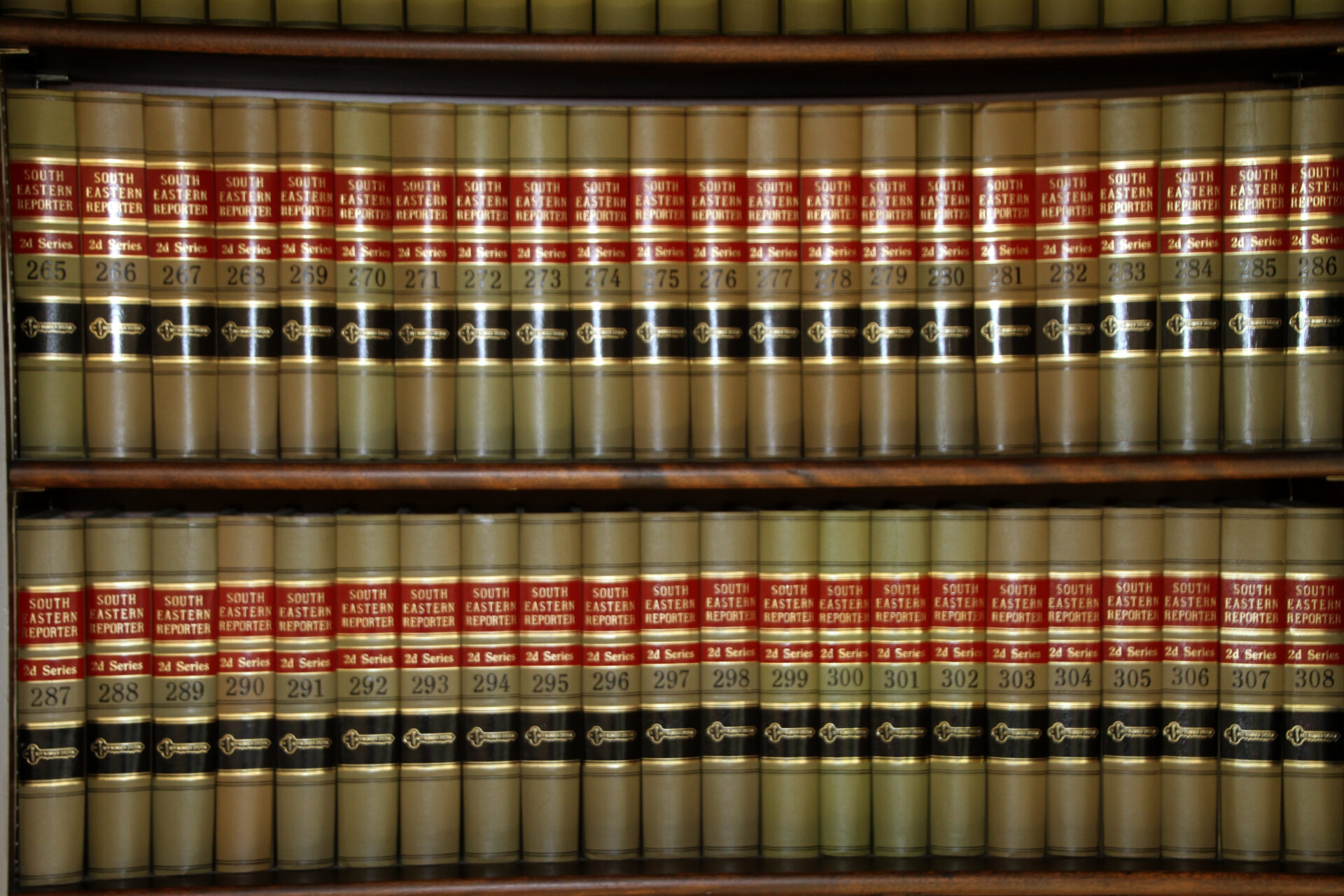Following Cabell County and Huntington’s loss of their opioid lawsuit, the localities appealed that decision. Now the state supreme court is involved, and the city and the county have filed a 40-page brief with the court – asking it to see things their way.
The localities didn’t lose for lack of evidence. They lost on a general disagreement on what qualifies as a “public nuisance.” The U.S. District Court for the Southern District of West Virginia had a narrow interpretation of what constitutes a public nuisance. This differed from what both the plaintiffs and other courts have considered to be a public nuisance.
When Huntington and Cabell appealed the case, the appellate court looked to the West Virginia Supreme Court of Appeals to answer this question: Can public nuisance laws be used to successfully sue drug distribution companies?
Huntington and Cabell argued in their brief that the answer to that question is yes. And there is plenty of case law cited to support that, including a statewide opioid lawsuit that was won on a nearly identical premise and legal standard. The brief also lists other smaller lawsuits against energy and lumber companies that successfully used a public nuisance charge.
In a 1997 case against Kermit Lumber, a public nuisance legal standard was successfully used by the state of West Virginia. The court said in its decision that the term “public nuisance” does not have an exact definition, generally it has been described as the doing of, or failure to do something, that adversely affects the safety, health or morals of the public, or creates a substantial annoyance, inconvenience or injury to the public.
“The federal district court opined that West Virginia law does not recognize a public nuisance claim based on the distribution of a controlled substance. Petitioners maintain that the district court erred in reaching that conclusion,” the brief said.
Cabell and Huntington say that the more than 81 million dosage units that flooded a community of around 100,000 people, and the drug epidemic that ensued, is the responsibility of three drug manufacturers — McKesson, AmerisourceBergen and Cardinal Health. Those three companies supplied 89 percent of the Oxycontin that was sent to Cabell County.
The localities say in the brief that the unreasonable opioid distribution practices that they say caused addiction, overdose deaths, infectious diseases, crime and decimated neighborhoods interfered with public health safety, property and resources.
The brief also outlined the detrimental effect the epidemic had on babies and pregnant women in the state.
“Thousands of babies — at times up to 10 percent of all newborns in Cabell/Huntington — have been born with neonatal abstinence syndrome due to pregnant mothers opioid use,” the brief said.
The brief also lays out facts around the drug manufacturer’s failure to properly monitor the distribution of highly addictive substances, including multiple instances when federal regulators intervened with the companies warning them of lack of oversight in distribution and even taking punitive action.
“In 2005, DEA met with respondents to convey the rising problem of opioid diversion and warned them that failing to maintain effective controls against diversion would create a crisis,” the brief said.
It goes on to say that respondents did not take action to combat an influx of pills headed to small, rural areas like West Virginia, but instead took actions that incentivized employees of the drug distribution companies to continue the trend.
“Respondents (Cardinal, McKesson, AmerisourceBergen) used sales employees to conduct due diligence even though respondents compensated those workers based on how many opioids they sold,” the brief said.
West Virginia Public Broadcasting has reached out to all three companies but did not hear back in time for publication. The three companies’ brief, which will argue why the narrow interpretation of a public nuisance by the fourth circuit court should be upheld, is scheduled to be filed May 20.
